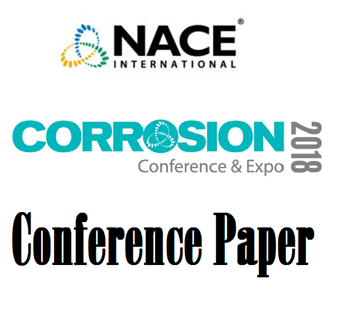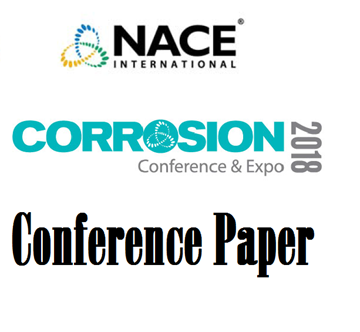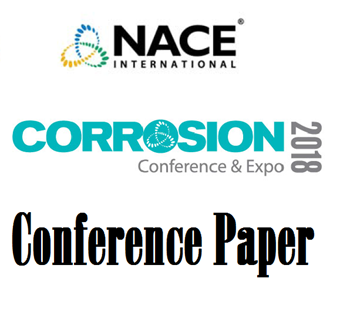Search
51318-11098- Microbial Assisted Cracking of Admiralty Brass Tubes from Lube Oil Cooler
Also Purchased
51318-11086-Failure of RFCC Catalyst Cooler Aeration Piping System (Cat Cooler Internals)
Product Number:
51318-11086-SG
Publication Date:
2018
$20.00
51318-11092-Electrochemical corrosion comparison of seamless tubes in UNS S31266 and UNS S31254
Product Number:
51318-11092-SG
Publication Date:
2018
$20.00
51318-11090-The effect of corrosion product formation mode on the early stage of sour corrosion behavior on pipeline steel
Product Number:
51318-11090-SG
Publication Date:
2018
$20.00




